 by James A. Bacon
by James A. Bacon
It’s “Palestinian Liberation Week” at the University of Virginia this week, and the Students for Justice in Palestine have organized loads of activities for antizionists, culminating with a “Die-In for Gaza” Friday.
“Wear your keffiyeh,” urges UVA’s Students for Justice in Palestine on its Instagram page. Keffiyehs are traditional Arab scarfs, which students wear to signal their solidarity with Palestinians seeking to combat “settler colonialism” in Israel.
Meanwhile, Jewish students have stopped wearing yarmulkes, Stars of David or other ornamentation that would identify them as Jews.
What does that dichotomy say about the sense of “belonging” — the holy grail of the Ryan administration — experienced by Arabs and Jews respectively at UVA? Continue reading

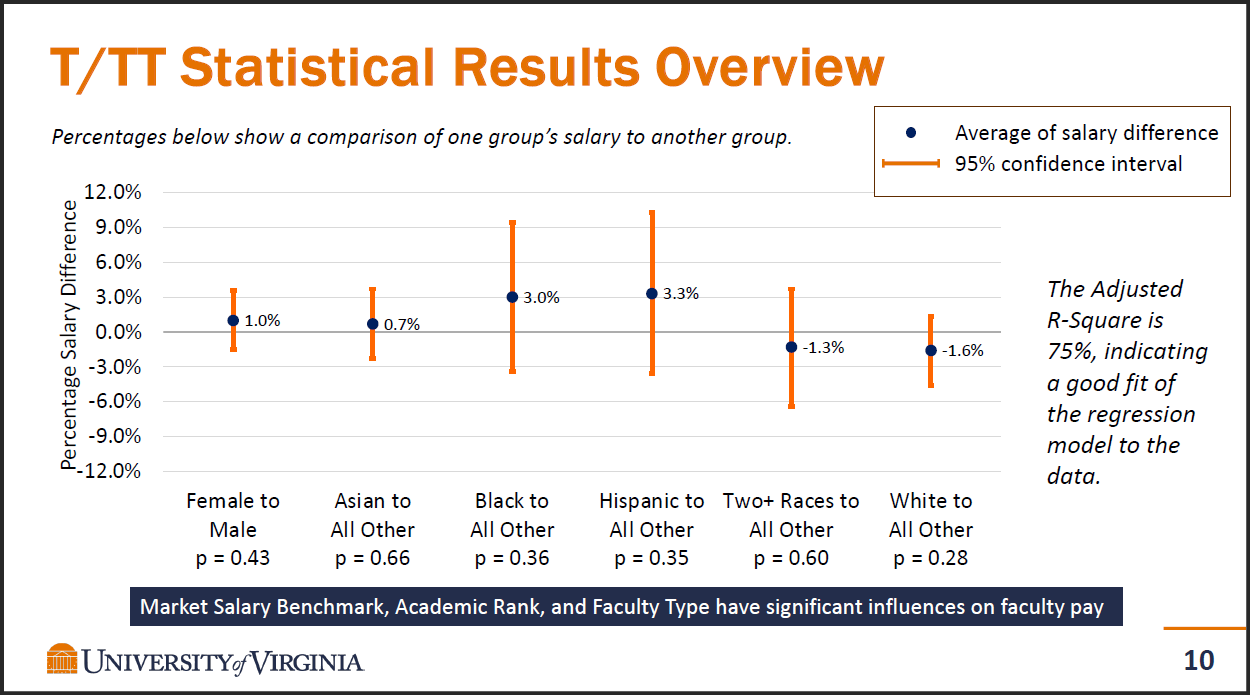
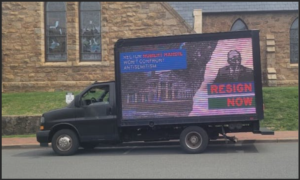 Pearl’s letter was prompted in part by the administration’s response to a recent incident in which a truck with digital billboards rolled through the University displaying messages critical of Hardie. One screen said, “Rector Robert Hardie won’t confront antisemitism” while another said Hardie is “unfit to lead U.Va.” The administration’s reaction was to criticize the slogans and investigate who was behind the stunt, Pearl said.
Pearl’s letter was prompted in part by the administration’s response to a recent incident in which a truck with digital billboards rolled through the University displaying messages critical of Hardie. One screen said, “Rector Robert Hardie won’t confront antisemitism” while another said Hardie is “unfit to lead U.Va.” The administration’s reaction was to criticize the slogans and investigate who was behind the stunt, Pearl said.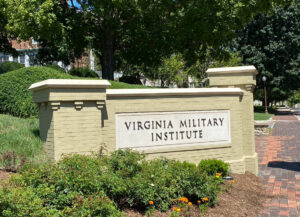 by Joseph D. Elie
by Joseph D. Elie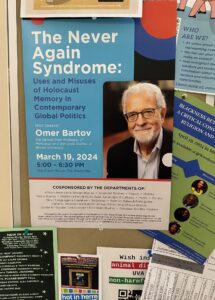 by James A. Bacon
by James A. Bacon by Jerome Woehrle
by Jerome Woehrle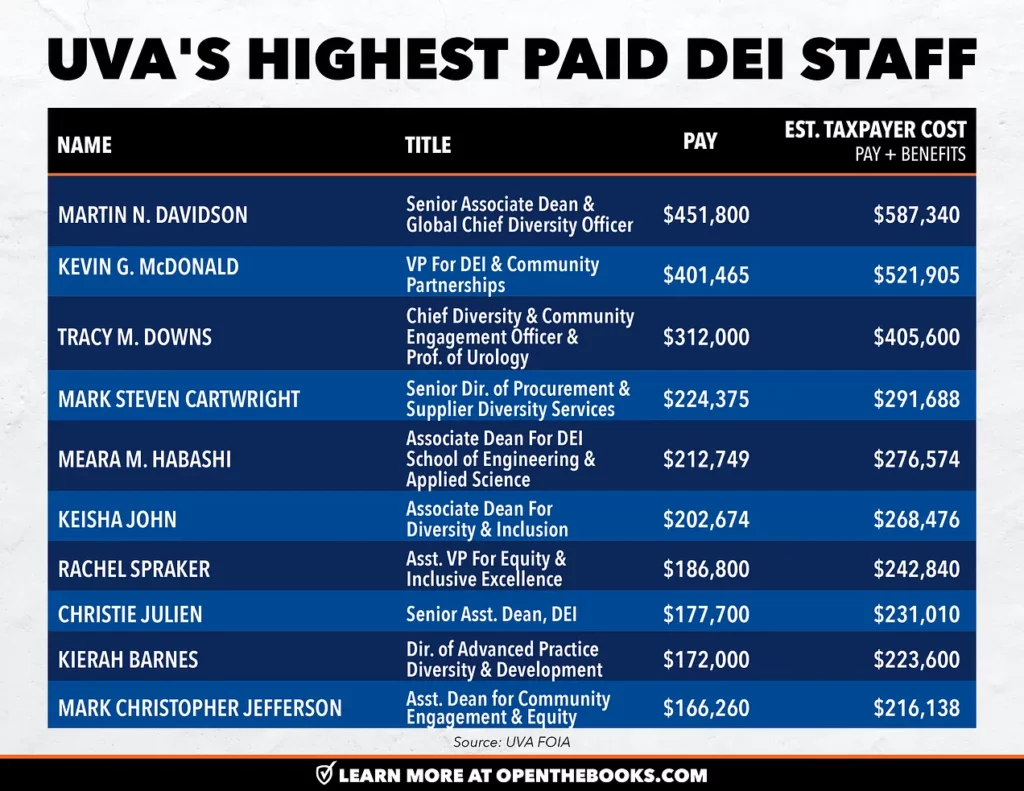
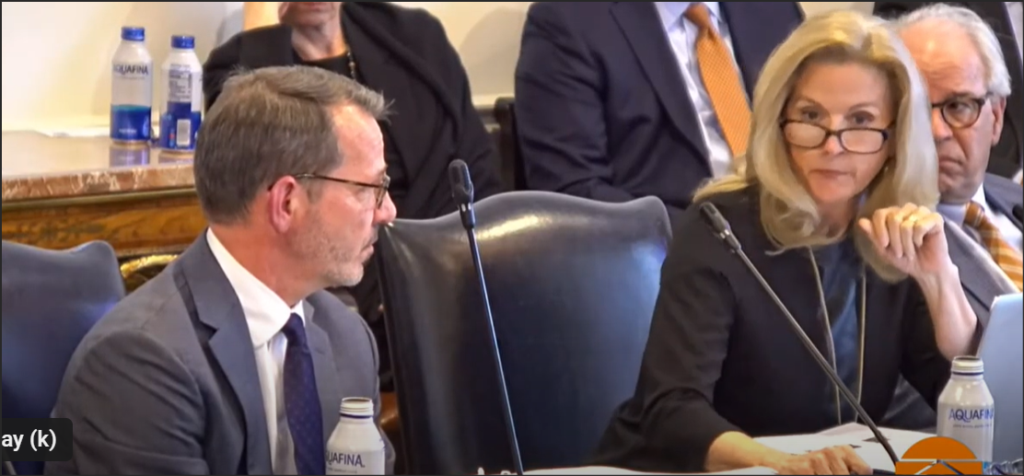
 by Martin Caplan, MD, and Kenneth Lipstock, MD
by Martin Caplan, MD, and Kenneth Lipstock, MD
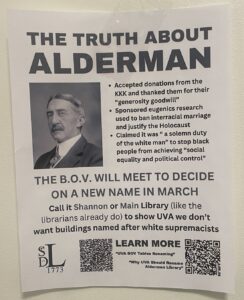 by James A. Bacon
by James A. Bacon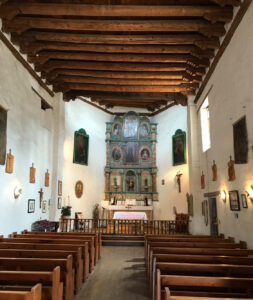 by the staff of Liberty Unyielding
by the staff of Liberty Unyielding
